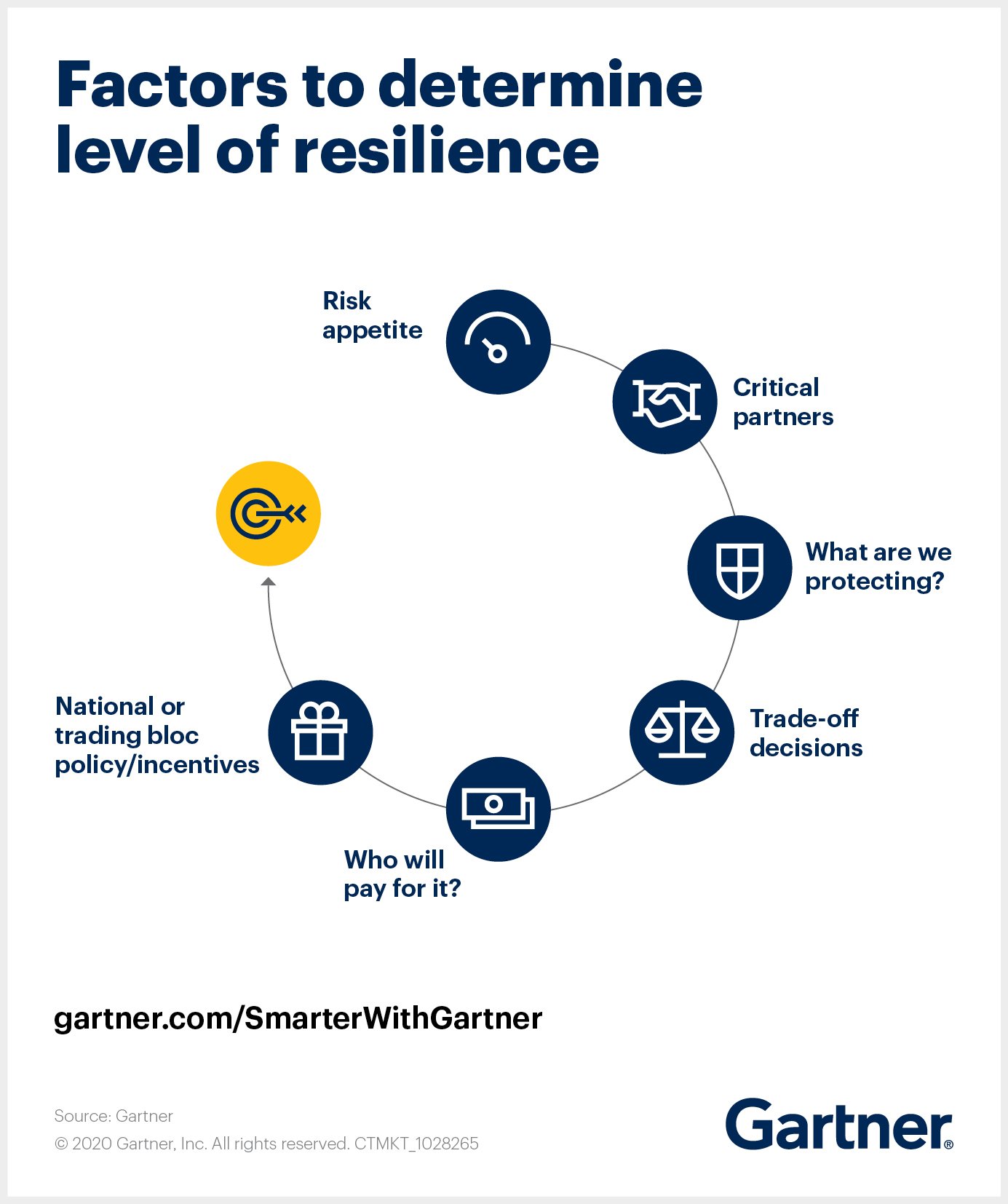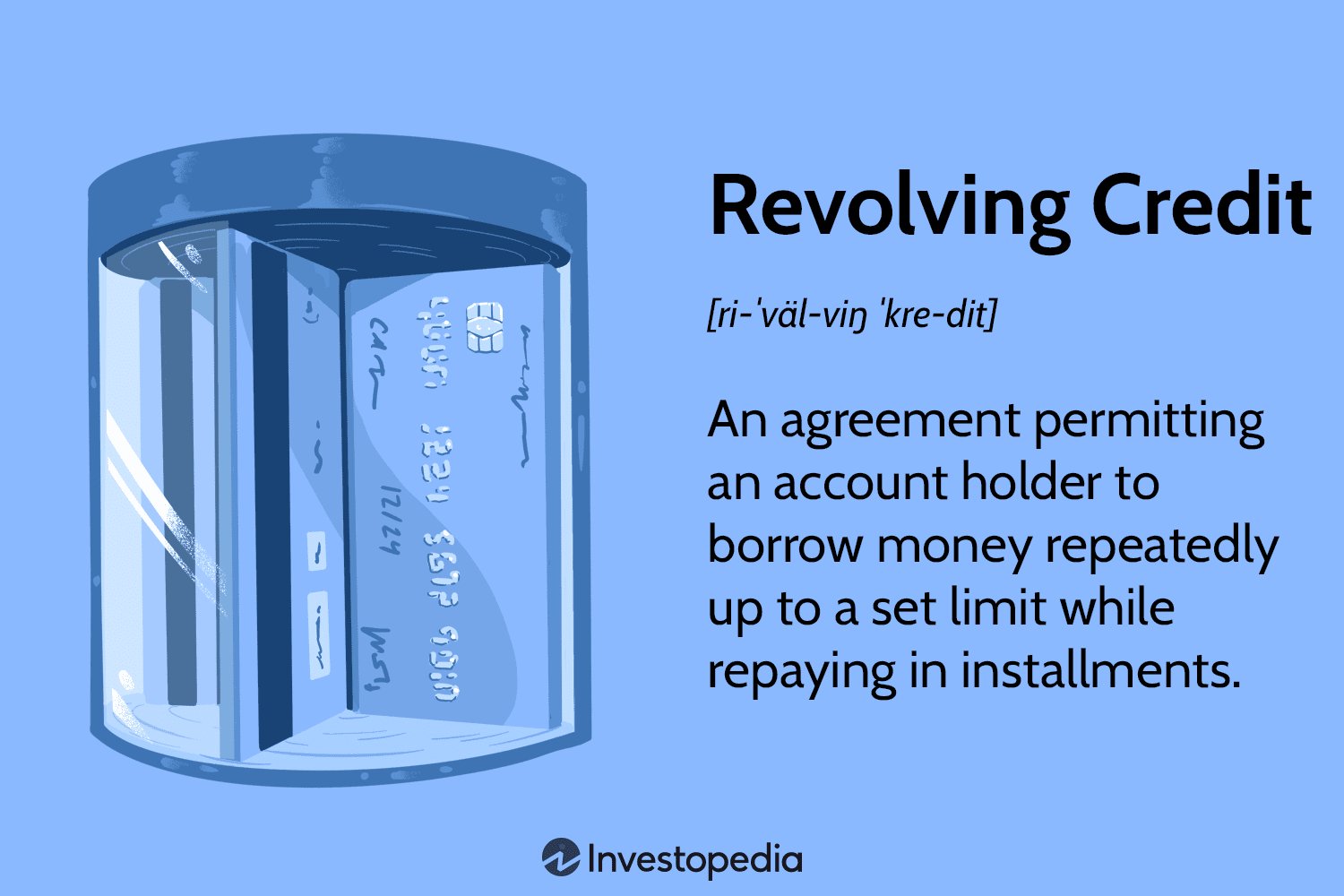Looking to boost your investment portfolio? Consider diversifying globally. The world of investing has evolved, and with it, the opportunities for savvy investors to capitalize on the global market. So, why should you consider diversifying globally? The answer is simple: it offers you a broader range of investment options and helps mitigate risks associated with being too focused on a single market. In this article, we’ll delve into the benefits of global diversification, exploring how it can potentially maximize your returns and protect your investments. Let’s dive in!
Why You Should Consider Diversifying Globally
In today’s interconnected world, diversifying your investments globally is becoming increasingly important. Global diversification refers to spreading your investments across different countries and regions to reduce risk and take advantage of opportunities in different markets. This strategy allows you to tap into the potential growth of emerging economies, benefit from currency fluctuations, and protect your portfolio against localized risks. Here are several compelling reasons why you should consider diversifying your investments globally:
1. Expanding Your Investment Opportunities
By diversifying globally, you gain access to a wide range of investment opportunities that may not be available in your home country. Different countries have different sectors and industries that excel, creating exciting investment prospects. For example, emerging markets like China, India, and Brazil offer tremendous growth potential due to their rapidly expanding middle class and increasing consumer spending. Investing in these markets can provide unique opportunities to participate in their economic growth.
2. Reducing Risk through Diversification
One of the primary benefits of global diversification is risk reduction. By spreading your investments across multiple countries, you lower the impact of any single country’s economic, political, or regulatory changes on your portfolio. Diversification helps to mitigate the risk of a significant loss in case of a market downturn or localized crisis. For instance, if one country’s market experiences a decline, investments in other countries can potentially offset the losses.
3. Capitalizing on Currency Fluctuations
Global diversification allows you to take advantage of currency fluctuations. Foreign exchange rates constantly fluctuate, and these fluctuations can impact the returns on your investments. When investing internationally, you expose yourself to different currencies and may benefit from currency appreciation over time. For example, if you invest in a foreign market with a strengthening currency, and then convert your returns back to your home currency, you could potentially achieve additional gains.
4. Accessing Higher Potential Returns
Certain regions and countries may offer higher potential returns than your home market. By diversifying globally, you can capitalize on these opportunities and enhance your overall investment returns. Emerging markets, in particular, have historically shown impressive growth rates, often outperforming developed markets. Investing in these markets can potentially yield higher returns, but it’s important to note that higher returns also come with higher risks.
5. Hedging Against Domestic Economic Cycles
Diversifying globally helps to hedge against domestic economic cycles. Different countries experience economic ups and downs at different times. By diversifying your investments across multiple markets, you can reduce the impact of a downturn in your home country’s economy. If your domestic market is experiencing a recession, investments in other countries with better economic conditions could help offset potential losses.
6. Gaining Exposure to Different Industries
Investing globally allows you to gain exposure to industries and sectors that may not be well-represented in your home country. Each country has its own unique mix of industries that excel, creating opportunities for diversification. For example, investing in countries known for their strong technology or renewable energy sectors can provide exposure to these growth areas and potentially boost your investment returns.
7. Diversifying Political and Regulatory Risk
Global diversification helps mitigate political and regulatory risks associated with investing in a single country. Political instability, changes in government policies, or sudden shifts in regulations can significantly impact the value of your investments. By diversifying across different jurisdictions, you reduce the risk of adverse effects from political and regulatory changes in any one country.
8. Taking Advantage of Tax Benefits
Investing globally can also provide tax advantages. Some countries offer tax incentives and favorable regulations to attract foreign investors. By diversifying your investments across these jurisdictions, you may benefit from lower tax rates, tax exemptions, or other advantages that can potentially enhance your investment returns.
9. Achieving Portfolio Optimization
Global diversification helps optimize your investment portfolio by spreading risks and balancing returns. It allows you to create a well-rounded portfolio that includes diverse asset classes and geographies. By combining investments from different countries, you can achieve a better risk-reward tradeoff, potentially enhancing your long-term portfolio performance.
10. Embracing a Long-Term Investment Strategy
Global diversification is a long-term investment strategy. It requires patience and a focus on the big picture. While short-term market fluctuations may occur, taking a long-term view allows you to ride out market volatility and potentially benefit from the overall growth of global markets. By investing across different countries and regions, you position yourself to capitalize on global economic prosperity over time.
In conclusion, global diversification offers numerous advantages to investors. It expands your investment opportunities, reduces risk, and provides exposure to different markets, industries, and currencies. By embracing a globally diversified portfolio, you can enhance potential returns and protect against localized risks. Remember to consult with a financial advisor to ensure your investment strategy aligns with your specific goals and risk tolerance. Start exploring the world of global investing today and seize the opportunities that lie beyond your home market.
Why investors should consider a globally diversified portfolio
Frequently Asked Questions
Frequently Asked Questions (FAQs)
1. Why should you consider diversifying globally?
Diversifying globally provides several benefits. By expanding your investments internationally, you can reduce risks associated with being too heavily focused on one market. Additionally, global diversification allows you to tap into new growth opportunities, access a wider range of industries and sectors, and potentially achieve higher returns.
2. How does global diversification help mitigate risk?
Global diversification helps mitigate risk by spreading investments across different countries and regions. Economic conditions, market trends, and political events can affect individual markets differently. By diversifying globally, you can protect your portfolio from localized risks and minimize the impact of any adverse events on your investments.
3. Does global diversification provide access to new growth opportunities?
Yes, global diversification provides access to new growth opportunities. Investing in markets outside your home country exposes you to industries, companies, and sectors that may not be available domestically. Emerging markets, for example, often offer higher growth potential compared to developed markets, presenting attractive investment prospects.
4. Can global diversification improve investment returns?
Yes, global diversification can potentially improve investment returns. Different countries and regions experience varying economic cycles, meaning while one market may be performing poorly, another may be thriving. By diversifying globally, you enhance the possibility of capturing growth in different parts of the world, which can lead to improved overall investment returns.
5. What are the risks associated with global diversification?
Although global diversification helps mitigate risks, it does not eliminate them entirely. Some risks include currency fluctuations, geopolitical instability, regulatory changes, and difficulties in accessing or understanding foreign markets. It is important to conduct thorough research, consult with professionals, and stay updated on global events to navigate these risks effectively.
6. How can I diversify my investments globally?
To diversify your investments globally, you can consider various options such as investing in international mutual funds, exchange-traded funds (ETFs), or purchasing individual stocks of foreign companies. Another approach is to invest in multinational companies with a global presence. Consulting with a financial advisor can provide personalized guidance based on your investment goals and risk appetite.
7. Are there any tax implications of global diversification?
Global diversification may have tax implications depending on the country you reside in and the investments you hold. Different countries have varying tax laws and regulations, including rules related to foreign investments. It is advisable to consult with a tax professional or financial advisor who can guide you on any tax considerations associated with global diversification.
8. How does global diversification impact portfolio stability?
Global diversification enhances portfolio stability by reducing the reliance on one market or economy. By spreading investments across multiple countries, you lower the risk of significant losses if a particular market experiences a downturn. The overall impact on portfolio stability depends on the diversification strategy employed and the specific investments chosen within the global portfolio.
Final Thoughts
Diversifying your investments globally offers numerous benefits that can enhance your financial portfolio. By venturing beyond domestic markets, you can reduce risk through increased diversification. This strategy allows you to access a wider range of investment opportunities, sectors, and economies, minimizing the impact of any single market’s fluctuations. Moreover, global diversification enables you to capitalize on emerging markets, where potential growth and returns may surpass those of established markets. Additionally, by considering international investments, you can navigate and take advantage of currency fluctuations, further boosting your investment returns. Therefore, it is crucial to consider diversifying globally to maximize investment potential and mitigate risks effectively.



